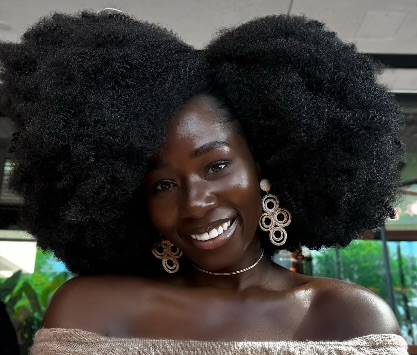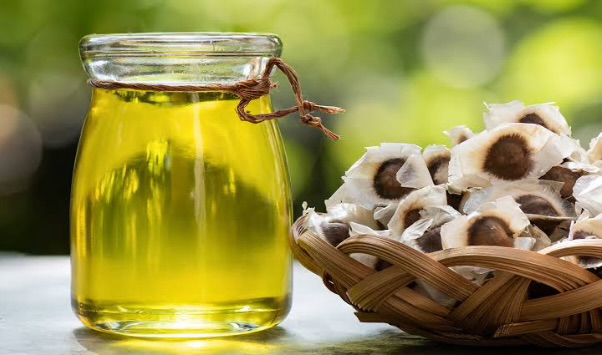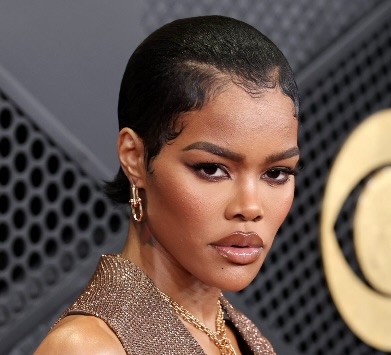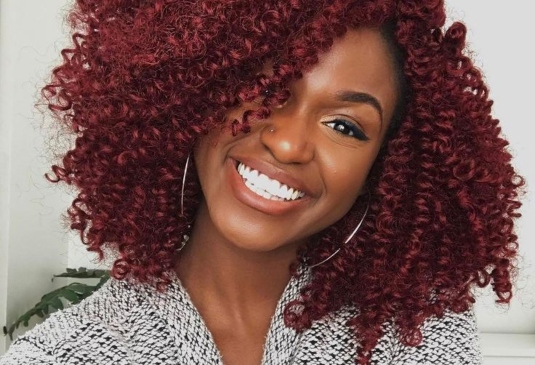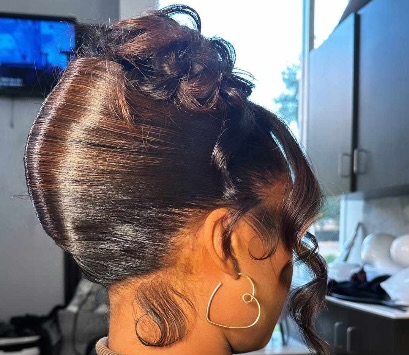For Black women, hair has always been more than what meets the eye. It is not just a matter of style or beauty, it is a living archive, carrying centuries of history, culture, and resilience.
From traditional African braiding techniques to modern protective styles, Black women’s strands tell stories that span generations and continents, serving as both personal expression and collective identity.
In pre-colonial Africa, hairstyles signified much more than aesthetics. Braids, locs, and intricate patterns conveyed tribal affiliation, social status, marital position, and even spiritual beliefs.
Hair was a deeply cultural marker, one that carried meaning within the community and beyond. Enslavement disrupted these traditions, but hair remained a vital connection to heritage, even when it was policed or erased by outside forces. Today, embracing natural textures, protective styles, and cultural traditions is both a celebration of identity and an act of resistance against beauty standards that have long excluded Black women.
Modern movements, such as the natural hair revolution, highlight this legacy. Choosing to wear an afro, twists, or braids is more than a style decision, it’s a declaration of pride in Black identity and a reclamation of space in industries and societies that often pressure conformity. Each coil, curl, and braid becomes a thread that connects Black women back to their ancestry while also paving the way for future generations.
But beyond politics and history, Black hair is also a source of joy and creativity. It allows for endless reinvention, styles that change with the seasons, moods, or life milestones. It becomes a diary of growth, experimentation, and self-discovery. Mothers pass down care techniques to daughters, and communities bond in salons and braiding shops where hair is not only styled but stories are shared, lessons are taught, and traditions are preserved.
In this way, hair continues to be a crown, one not just worn on the head but carried in spirit. It tells of resilience, creativity, identity, and belonging. For Black women, each strand is living proof that beauty is never just surface-deep; it is a legacy woven through time.
